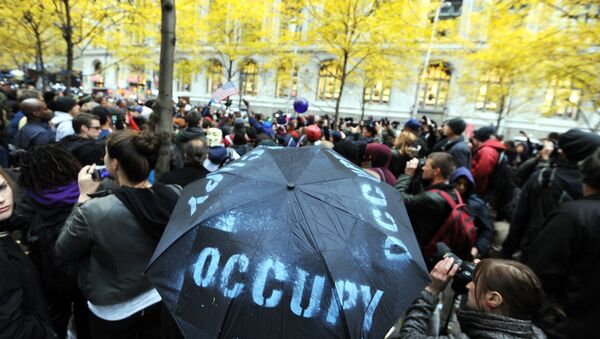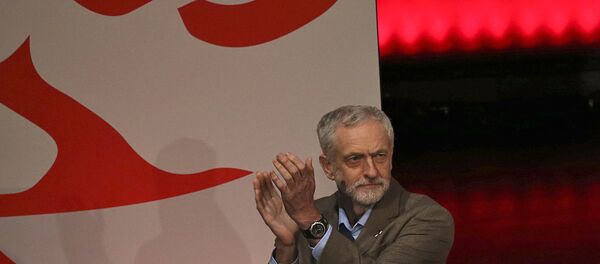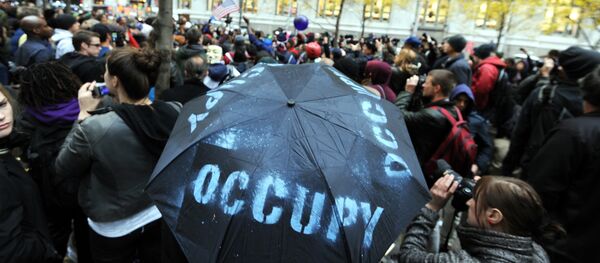Radio Sputnik’s Loud & Clear speaks with activists Karina Garcia and Estevan Hernandez, and with Dr. Francisco Dominguez, the head of the Centre for Brazilian and Latin American Studies at Middlesex University, as well as political analyst and author John Wight, to discuss current trends in international protest, how they’re connected and whether the seeds are being sown for revolutionary change.
Wight stated that the current labor strikes in France are part of that nation’s history.
"What we’re seeing in France has similar echoes to what happened in 1968, when similar sectors of the population, students and workers, rose up against the DeGaulle government, and what’s happening here is the maturation of a struggle that’s been taking place for a few years now under the rubric of austerity." Wight said. He explained that austerity measures seek to "make it easier for employers to fire workers, and they’re also trying to take away the 35 hour work-week, which was a hard-won gain on the part of the French working class." Wight claimed that these rights are "sacrosanct in France among many sectors of society."
Loud & Clear host Brian Becker pointed out that the US doesn’t have large socialist or labor parties like Europe, and asked Garcia if the dominance of America’s two major political parties has affected the activist’s attitude toward protest.
"It happens every election" she said, saying young and oppressed people are often told "…what we have to do to get the changes we want is to vote for the Democrats. But we see time and again that that doesn’t give us anything, that what we really need to do is build an independent movement that can defeat Clinton and defeat Trump." She also pushed back on the notion that such a youth movement isn’t based on realism. "It’s not idealistic to say that building that kind of independent movement is something we need, it’s idealistic to think that this kind of system can last forever, the system that creates so much inequality, so much oppression for so many people."
Dominguez noted that worsening living conditions in the US are spurring the same kind of response in the UK. "What you have is people that have had enough of neo-liberal policies, had enough of all this nonsense that only benefits one percent of society, and the 99% wants something different."
Hernandez agreed, stating that a feeling of international solidarity is now palpable and that a rising consciousness is helping activists think critically about how to bring about needed change.
"It feels like we’re connected to an entire world of other working class people who are also struggling." he said, "We have a huge working class, we have numbers on our side, what is against us is money and the corporations, but if we organize correctly we can do this, we can fight back, we can win."
He added that what makes recent protests so intense is the profound frustration many Americans feel with politics as usual.
"We see no future in this capital model of neoliberalism," he said, "we only see a future in coming together and uniting in the struggle to win these reforms, so we can survive."




